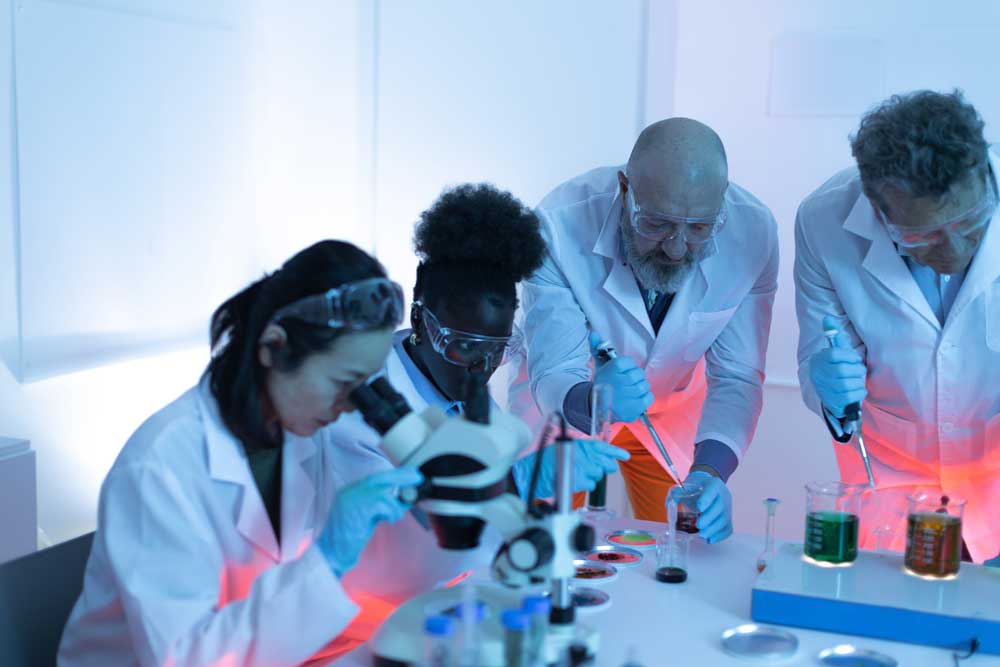Introduction
This essay explores the revolutionary impact of the discovery of penicillin, a landmark achievement in medical science that has transformed human life by combating bacterial infections. Discovered by Alexander Fleming in 1928, penicillin marked the advent of antibiotics, fundamentally altering healthcare practices and saving countless lives. From an English studies perspective, this scientific breakthrough offers a compelling narrative of human ingenuity and resilience, reflecting broader themes of progress and ethical dilemmas in scientific advancement. This discussion will examine the historical context of penicillin’s discovery, its transformative effects on medicine and society, and the challenges and limitations associated with its use. By critically engaging with academic sources, the essay aims to provide a balanced analysis of penicillin’s enduring significance.
Historical Context of Penicillin’s Discovery
The discovery of penicillin emerged during a time when bacterial infections, such as pneumonia and tuberculosis, were leading causes of death worldwide. In 1928, Scottish bacteriologist Alexander Fleming noticed that a mould, later identified as Penicillium notatum, inhibited the growth of Staphylococcus bacteria in a petri dish at St Mary’s Hospital, London. This serendipitous observation laid the foundation for the world’s first antibiotic (Fleming, 1929). However, Fleming’s initial findings lacked practical application until the 1940s, when Howard Florey and Ernst Chain developed methods to mass-produce penicillin, making it widely available during World War II (Ligon, 2004). Their work, supported by wartime urgency, exemplifies how scientific progress often intersects with historical circumstances, a theme frequently explored in English literature through narratives of human struggle and triumph.
Transformative Effects on Medicine and Society
Penicillin’s introduction fundamentally changed medical treatment by providing an effective means to combat bacterial infections. Prior to its widespread use, minor injuries could lead to fatal infections, and surgeries carried significant risks. Indeed, penicillin reduced mortality rates from conditions like sepsis and pneumonia, as evidenced by its impact on wartime casualties during the 1940s (Bennett and Chung, 2001). Beyond immediate medical benefits, this discovery reshaped societal perceptions of healthcare, fostering optimism about science’s potential to overcome previously incurable ailments. Moreover, it paved the way for the development of other antibiotics, establishing a new era in pharmacology. From an English studies lens, this shift can be paralleled with literary themes of hope and transformation, where scientific advancements mirror humanity’s quest for survival and betterment.
Challenges and Limitations
Despite its revolutionary impact, penicillin’s use has not been without challenges. The emergence of antibiotic resistance, a phenomenon where bacteria evolve to withstand treatment, poses a significant threat to its efficacy. As early as the 1940s, scientists noted resistant strains, a problem exacerbated by overuse and misuse of antibiotics in medicine and agriculture (Davies and Davies, 2010). Furthermore, ethical concerns arise regarding equitable access to such life-saving drugs, particularly in developing regions. While penicillin has saved millions of lives, these limitations remind us of the complexities surrounding scientific progress—arguably a recurring motif in literary critiques of modernity. A critical approach, therefore, necessitates acknowledging both penicillin’s contributions and the ongoing responsibility to address its drawbacks.
Conclusion
In summary, the discovery of penicillin stands as a pivotal scientific achievement that has revolutionized human life by transforming medical treatment and societal health outcomes. Its historical significance, from Fleming’s initial observation to its mass production during World War II, underscores the power of scientific innovation. However, challenges such as antibiotic resistance highlight the limitations and ethical considerations that accompany such advancements. From an English studies perspective, penicillin’s story resonates with broader narratives of progress, struggle, and moral questioning often explored in literature. Ultimately, this discovery not only exemplifies human ingenuity but also serves as a reminder of the need for responsible stewardship of scientific breakthroughs to ensure their benefits endure for future generations.
References
- Bennett, J.W. and Chung, K.T. (2001) Alexander Fleming and the discovery of penicillin. Advances in Applied Microbiology, 49, pp. 163-184.
- Davies, J. and Davies, D. (2010) Origins and evolution of antibiotic resistance. Microbiology and Molecular Biology Reviews, 74(3), pp. 417-433.
- Fleming, A. (1929) On the antibacterial action of cultures of a penicillium, with special reference to their use in the isolation of B. influenzae. British Journal of Experimental Pathology, 10(3), pp. 226-236.
- Ligon, B.L. (2004) Penicillin: Its discovery and early development. Seminars in Pediatric Infectious Diseases, 15(1), pp. 52-57.


